Xosé Castro is a Spanish translator and proofreader who has translated movies like “Matrix” and “SpiderMan.” Nowadays, he presents “Palabra por Palabra,” where he has a section called Museo de los horrores. He also takes part in radio with “Inculteces,” a section of the program “Asuntos Propios.”
Dragón Digital: What did you do to learn English?
Xosé Castro: I had my holidays when I was a child in a really small village close to my hometown, which is called Corunna, and it was a kind of a coincidence because the people who were from that small village went to the United States to work. Their children and their grandchildren came every summer to have their summer holidays there. So I learnt English when I was a child inGalicia, but my suggestion is that, if you want to learn English or any other language, you have to be exposed to that language. That means that you have to watch a lot of TV and movies with English subtitles.
D.D: How do you prefer to watch movies?
X.C.: I always recommend the original version with subtitles. We are the only country in the ‘Spanish speaking world’ watching dubbed movies. If you go toMexico orArgentina, everybody watches movies with subtitles. I think that it is really good to hear the original voice. If you hear someone crying, it is better to hear the original actor or actress instead of an actor imitating the crying. I think it is more realistic, it is a better experience.
D.D: Do you think that Spanish people have a good English level?
X.C.: No, I don’t think so. I think we need TV in English and more public effort in that particular area. The problem is that, even now, English teachers are not teaching in English and that is something I see everyday in schools. Many people are shamed of speaking correctly English because they don’t feel sure about it.
D.D: What is a proofreader 2.0?
X.C.: The 2.0 means Internet. Now, you can interact with your readers. In the past, you had a webpage but you weren’t looking for the feedback from your readers. For example, on Twitter, you can learn from the people who are reading me and I exchange information.
D.D: What has been the biggest challenge of your career?
X.C.: Being a television host. It was a hard decision for me. I thought that I was not able to do it because I had no experience and I’m not really good at speaking clearly, so it was a challenge. A really nice challenge, but I think that was the most difficult decision I had to make in my career.
D.D: What is the most difficult part when you are translating a movie?
X.C: Definitely, all the culture references. Some jokes or plays on words are really difficult to adapt to the Spanish audience. You have to look for the right joke or the right sentence. Those kinds of references are quite difficult to translate. I think you can make some changes but not strange changes because they could run out of fashion really quick.
D.D: Is translating movies like “Matrix” a responsibility for you?
X.C.: Yes, it is, especially for people who were following the character before you translated it. If you translate “The Lord of the Rings” or “Harry Potter,” you have to be conscious that many people read the novels before and they are going to be really into the movie. They are going to watch everything you do and they are going to judge your work. In addition, there are some movies that have their own culture like “Star Wars” or “Star Trek.” You have to be really careful about that.
D.D: What do you think about ‘fan subs’?
X.C.: The ‘fan subs’ phenomenon is a fact. There are many people doing subtitles for free. Now, it is easier with internet. People are working for free and that’s a pity. That is something that you can’t stop easily but it doesn’t affect that much at the end. I don’t feel I have less work now because of the fan subs. I think people downloading movies from the internet and using those subtitles are not interfering with the people buying the DVDs and paying for the commercial translation.





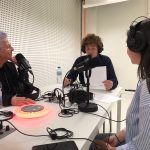




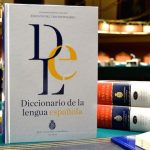



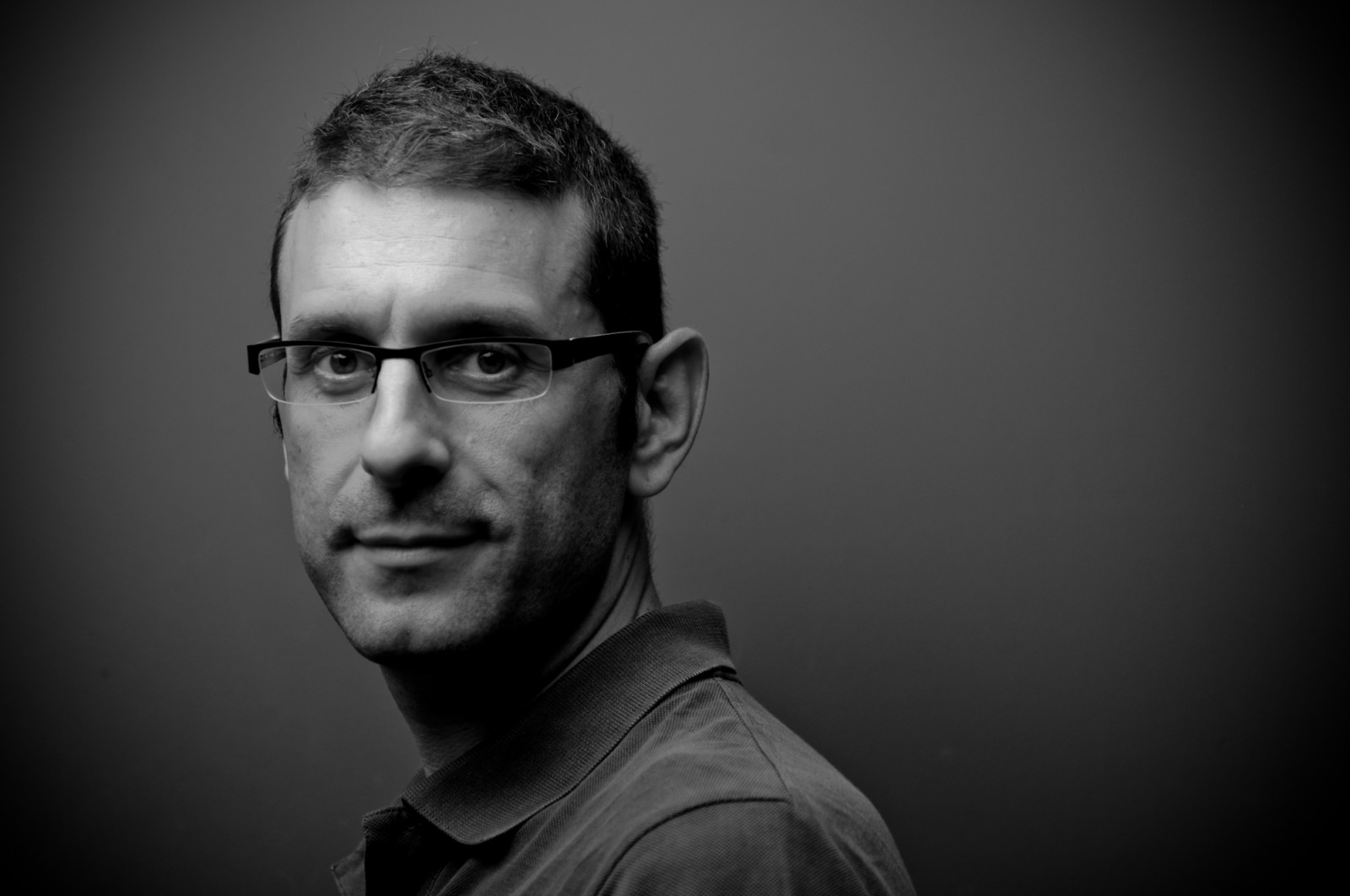

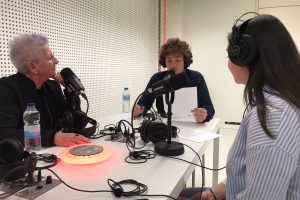
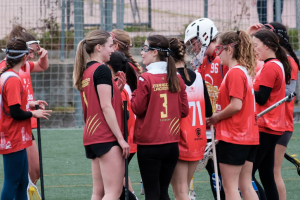

Comentar